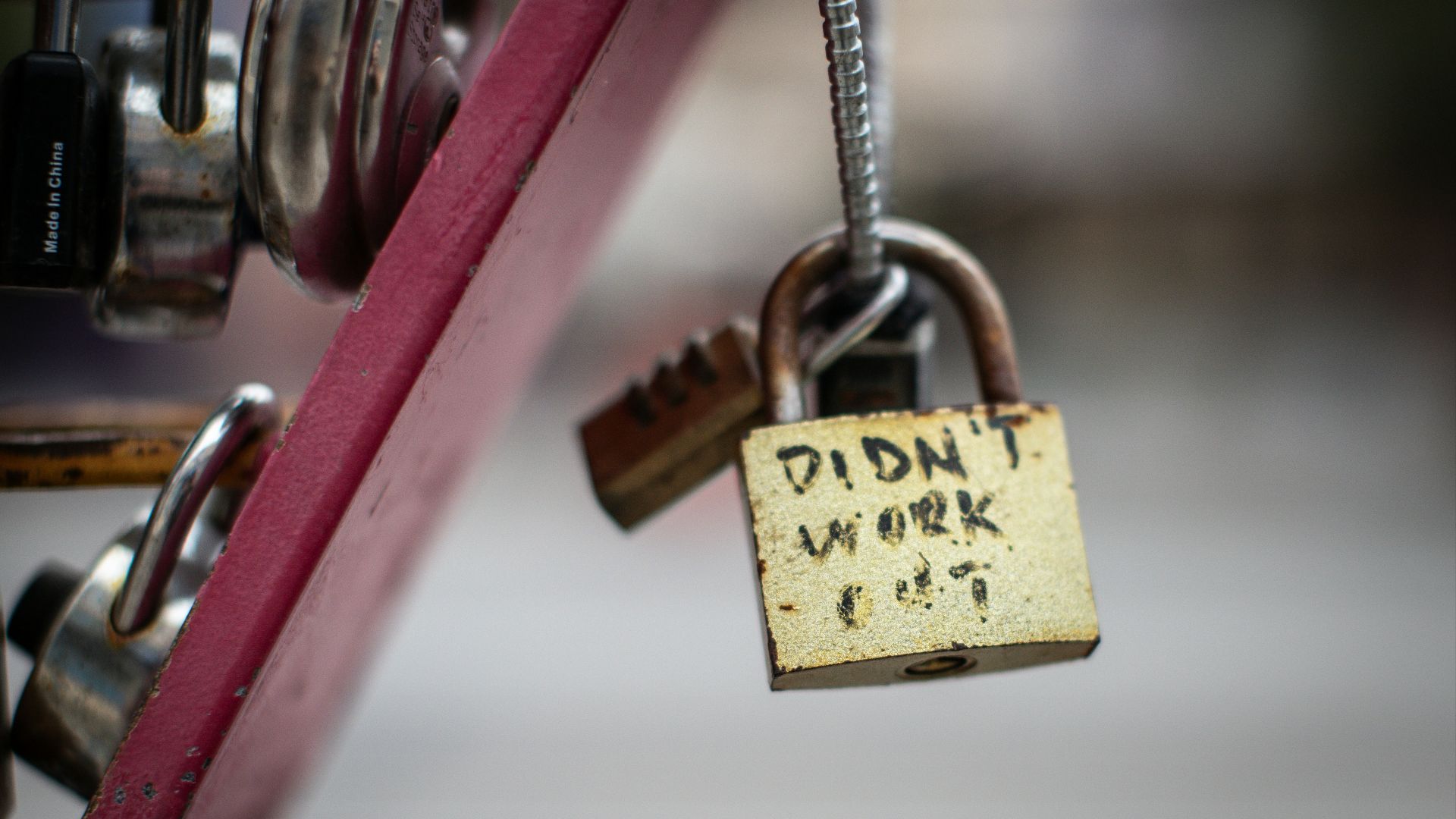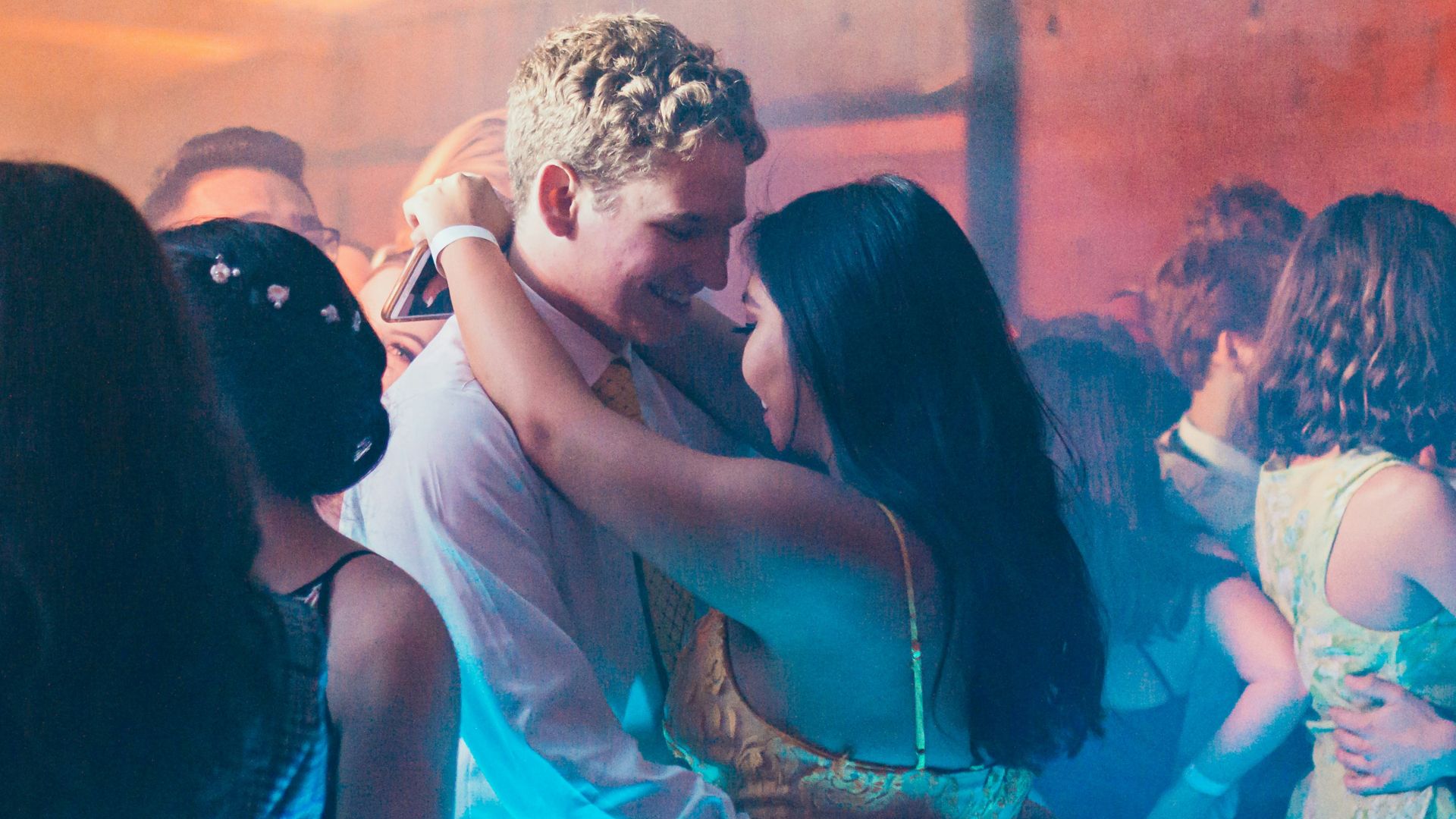Ever find yourself reminiscing to yourself wistfully about a summer fling you had several years ago? Sometimes, the space that brief visitors to our lives leave behind becomes larger and more meaningful than their actual presence ever was.
The idea of "The one who got away" is a universally familiar concept because this is a common human experience. But why do we elevate these almost-relationships or fleeting connections to mythic status? Psychology has a lot to say about why we cling to their memory, and it has less to do with love and more to do with how our minds process loss, fantasy, and possibility.
Rosy retrospection
We can partially blame the psychological bias known as rosy retrospection for our tendency to romanticize "the ones who got away." Over time, our brains tend to forget the flaws and conflicts of past relationships, creating a "highlight reel" effect. This makes us recall past periods of our lives as more positive and less negative than they actually were and sets unrealistic expectations for future events. It can get so out of hand that we repeat old mistakes or drop everything in our lives to get back together with someone who's actually wrong for us.
The what-if effect
Another reason we romanticize these individuals is that they live in the world of what if—a world untouched by real-life conflict, compromise, or disappointment. Unlike actual relationships, which inevitably reveal flaws and require emotional work, the one who got away stays frozen in time at their best moment. They live in a dream state in your memory.
Nostalgia & fantasy
Nostalgia also plays a powerful role. When we think back to them, we’re remembering not just the person but the version of ourselves that existed at that time. Maybe we were more hopeful, more adventurous, or more open to love. The memory of the person becomes intertwined with the memory of a life chapter we long to revisit.
When we think of them, we can also fall into the trap of imagining a whole future that could have been. We miss this imagined life rather than the person themselves.
Lack of closure
Humans are wired to want endings and explanations. When a connection fizzles out abruptly or never fully forms, we’re left without the clarity we crave. This emotional loose end keeps their memory alive because the story feels incomplete. Stories with no end tend to be rewritten in our minds.
Coping with pain
We tend to romanticize people during lonely, painful, or transitional periods. When life feels uncertain, the mind reaches backward to grab onto comforting fantasies. The one who got away becomes a symbol of the love we believe we deserve. The memory of them provides hope and becomes an anchor.
We romanticize the ones who got away, not because they were perfect, but because they were never given the chance to be imperfect. They exist as a fantasy shaped by memory, emotion, and imagination. And while it’s human to reflect on them, it’s also important to recognize that real relationships—the messy, vulnerable, beautifully imperfect ones—are built not on what might have been, but on what is.









